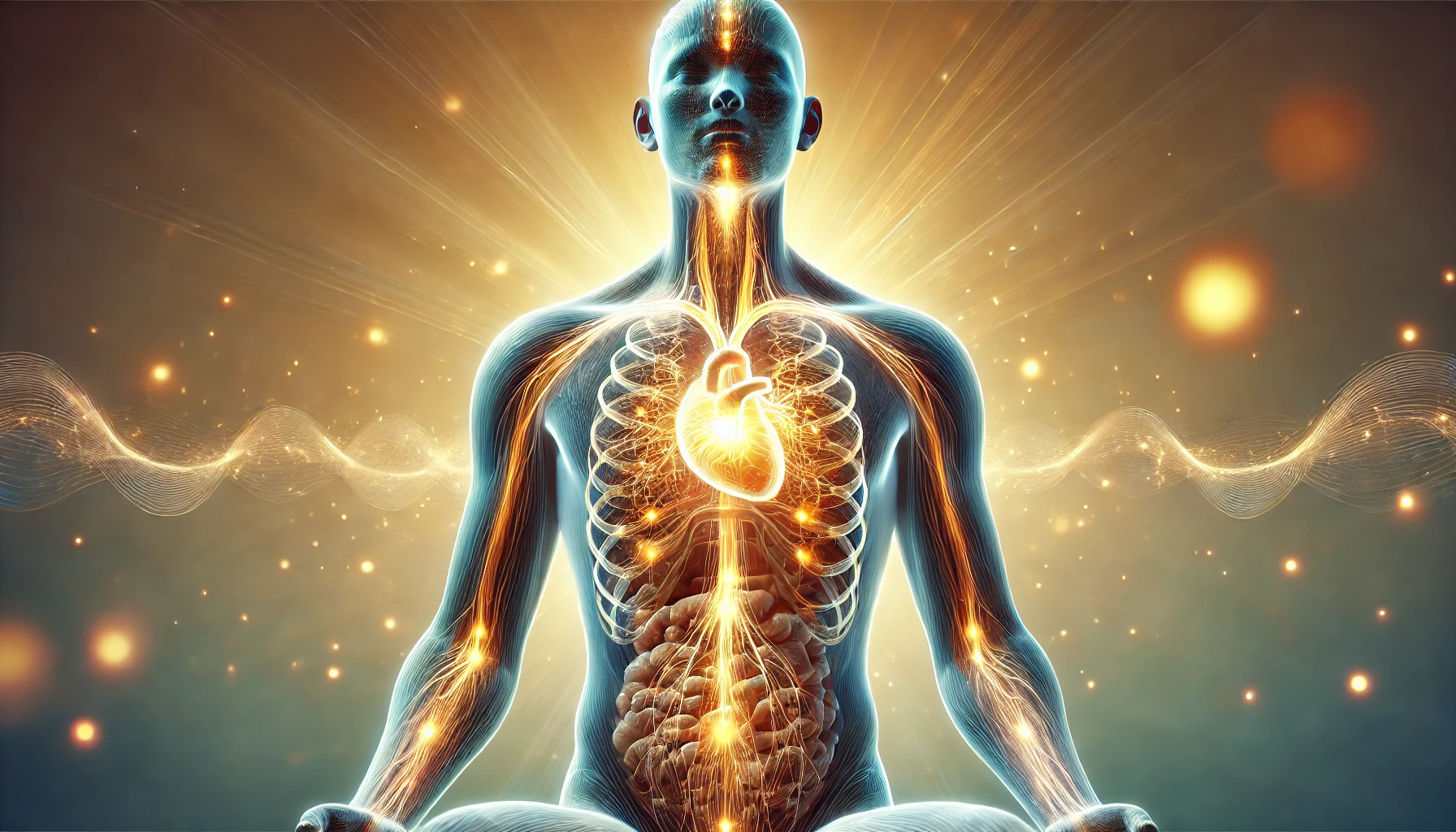
The Physical Language of Distress: How Unpleasant Emotions Speak Through Your Body
For years, I thought of emotions as something happening in my mind—fleeting thoughts, passing moods, maybe a bad day. But then I started paying attention to my body. I noticed the way my shoulders would tighten when I felt overwhelmed, how my stomach would knot up when I was worried, and how grief felt like a literal weight on my chest.
Our emotions don’t just exist in our heads. They live in our bodies, shaping the way we move, breathe, and even how much energy we have.
Anxiety: The Body on High Alert
Anxiety isn’t just a restless mind—it’s a full-body takeover. When I’ve been under stress, I’ve felt my heart race as if I were running when I was just sitting still. My breathing would get shallow without me even noticing, and by the end of the day, my shoulders, neck, and jaw were locked so tight it felt like I had been bracing for an impact that never came.
The gut is another place anxiety likes to show up—those fluttery feelings, nausea, or digestive issues aren’t random. The nervous system that runs through the gut mirrors our emotional state, which is why stressful times often come with stomach troubles.
Grief: The Weighted Body
If you’ve ever experienced deep loss, you know that grief isn’t just sadness—it’s heavy. There’s a reason people say it feels like carrying a weight on your chest. I’ve seen it in my clients and felt it in myself: the deep fatigue, the way even small tasks feel exhausting, the way sleep never quite feels restful.
And then there’s the lump in the throat, the tightness that comes from emotions we hold back. When we don’t allow ourselves to cry, to express, to release, the body holds onto it for us.
Shame: The Shrinking Body
Shame has a signature all its own. It makes us want to disappear—shoulders rounding, gaze dropping, chest caving inward. When I’ve worked with people processing shame, I’ve seen how the body tries to make itself small, how breath becomes shallow, how the stomach twists as if bracing for judgment.
Shame isn’t just a feeling—it’s a physical experience that pulls us away from connection.
The Wisdom in Discomfort
The body doesn’t just react randomly—it communicates. That tightness in your throat? It might mean you have something to say but feel like you can’t. The heaviness in your chest? It could be a sign that something needs to be grieved, honored, or let go.
One of the things I help people with is learning to listen to these signals instead of fighting against them. Whether in coaching, Tantra, or somatic healing work, the body is always part of the journey. When we tune in, we stop feeling like victims of our emotions and start understanding what they’re asking of us.
What About You?
- Have you ever noticed a strong emotion showing up in your body?
- What physical sensations do you associate with anxiety, grief, or shame?
- How do you usually respond when your body speaks?
Drop a comment below—I’d love to hear your experiences. And if you’re looking to explore this connection more deeply, reach out. Let’s talk about how The Heart Centered Being can support your journey.
